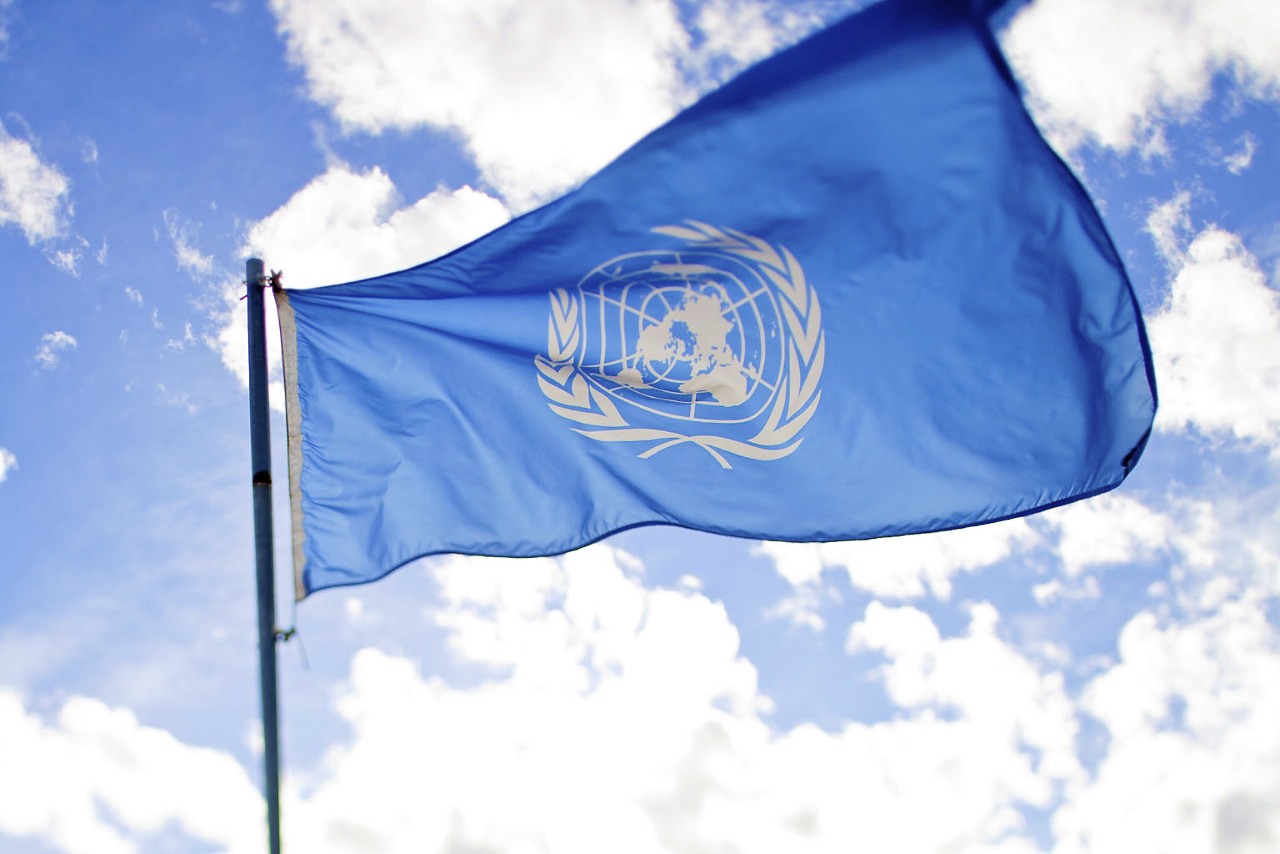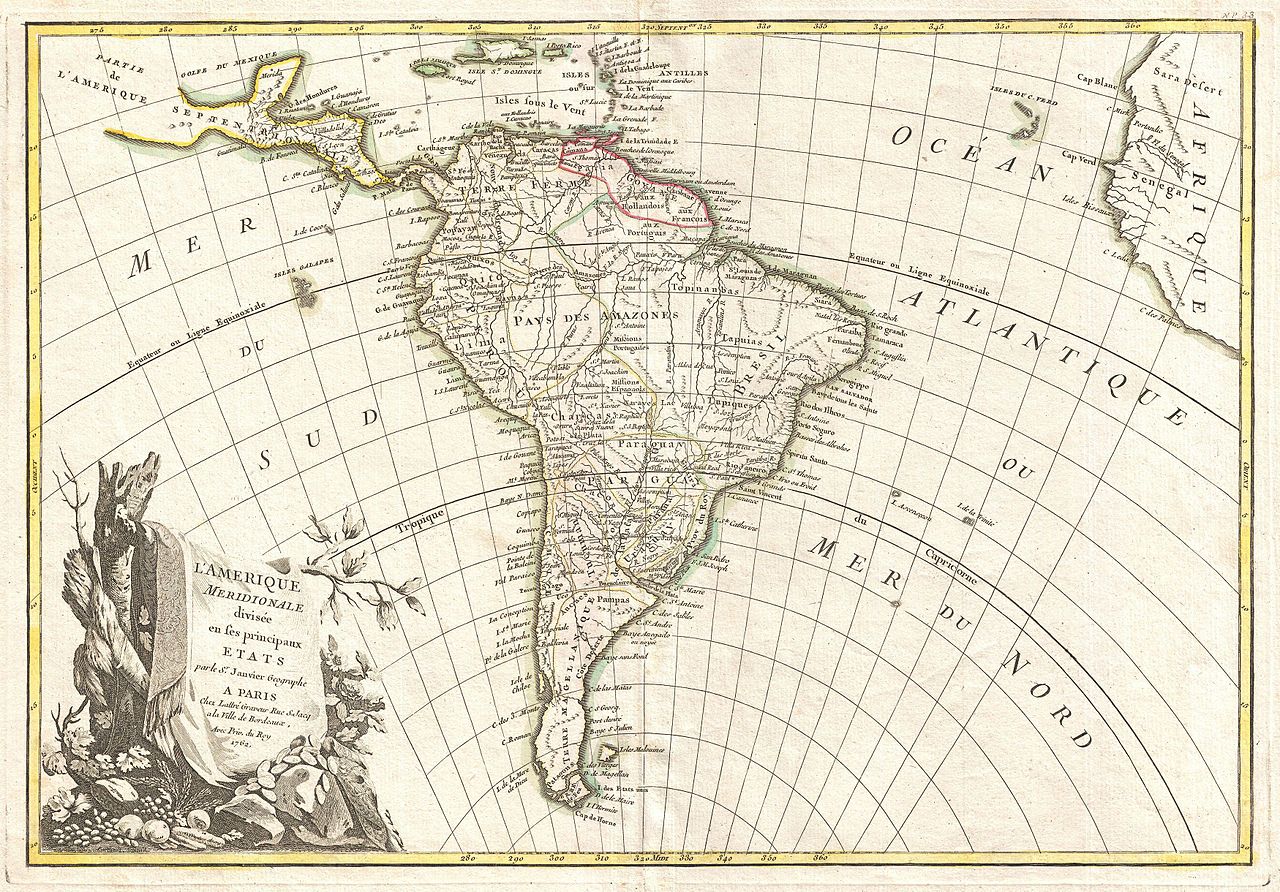This week, Graham de Barra, the director of Help Not Harm, is in Vienna. He will be reporting in from the U.N. Commission on Narcotic Drugs and providing us with the ins-and-outs of one of the important stops on the journey UNGASS 2016.
A mix of excitement and tension was felt today as leaders from 193 U.N. member States, International Organisations, NGOs and drug experts squeezed into a packed hall this morning in the Vienna International Centre to mark the opening of the 59th U.N. Commission on Narcotic Drugs.
As the Chair of the CND and UNODC Yury Fedotov opened the Session, the failures of global drug policy were impossible to deny. Speaking in typical diplomatic fashion, Fedotov implied support for harm reduction as he called on Member States to recognise the benefits of a holistic health-based approach to drugs. “200,000 people die from drug overdose ever year” anounced Fedotov. It is clear drug policy has failed these people, was the indirect conclusion from such a statement. The challenges were crudely put to the floor. Next we needed a solution.
Similar criticism was echoed by the President of the INCB, Werner Sipp, the most conservative group in charge of reviewing the implementation of the three international drug conventions among signatory States. Sipp conceded that too much emphasis is put on law enforcement in drug control which has resulted in negative social consequences. This is certainly true for Ireland, where 40 people are arrested every day for small drug possession – a punishment that may haunt people all their lives (or up to 7-years if it’s their only conviction with the new Spent Convictions Act). Sipp cautioned world leaders that efforts to regulate drugs beyond decriminalisation would be in violation of international law. I glanced to the Mexican delegation to my right-side. A man eyed Sipp without blinking. If only I could get a moment of insight into what he was thinking – but by saying nothing, he said enough. It was clear within 20 minutes into the Session that there is no consensus among member States to the international drug conventions. It felt as if the floor below us would crack and divide the room between the the prohibitionists and the reformers. No rhetoric or blue flags could fill these gaps at this stage. We needed an honest and brave voice to find a solution.
Interesting Ireland have boycotted the U.N. Office on Drugs and Crime since 2012 when the Minister of Foreign Affairs of the time, Joe Costello, announced that until the death penalty is eliminated for all drug offences, Ireland will not contribute to this regime. The Irish constitution firmly places the right to life as a fundamental right and the international practice of drug control is therefore in violation. Notably there are only 53 members in the Commission on Narcotic Drugs, which is less than one-third the number of signatures to the international conventions.
The plenary proceeded with statements from world leaders of all regions and finally some consensus was building – and this was for the support of decriminalisation of minor drug offences. It was clear from the morning meeting that decriminalisation could be the glue to bind these tensions among the international community.
The Minister of Justice for Colombia stood proudly to the podium. He spoke with integrity and passion, beginning with a quote from Albert Einstein. The Mexican delegation to my right began to loosen up. “There are 250 million people who use drugs globally and more than 500 people die every day which could be prevented… Money from drug-related crime is undermining our rule of law and corrupts the social fabric”. The Minister hopes to control drugs in a more proactive way in order to reduce the harms of drugs. According to the Minister, human rights conventions should be the source of law promoting harm reduction. He was clear that this was not a call for legalisation but rather an end to the ineffective prohibitive regime and a call for action. The room erupted in the first applause of the morning session.
Will decriminalisation win consensus among the international community? If so, then who better to take this lead than the countries of South America.
Bringing the conversation closer to home, the Czech Republic delegate presented the results of their decriminalisation policy. Social and economic consequences of illegal drugs are much more positive in Czech Republic compared to prohibitionist countries. This was not achieved by aspiring to be a drug-free country but rather by taking a realistic approach. The delegate wisely stated that “no outcome document would be better than a weak outcome document” in the preparations for UNGASS and that Czech Republic would use their voice to proactively lobby for decriminalisation on the world stage.
Another applause filled each corner of the hall. Another win for decriminalisation.
As the 59th Session in Vienna proceeds throughout the week to prepare for UNGASS, it is clear that securing a progressive outcome document will be a battle of diplomatic wits.
You can stay informed about the debates through Live Stream online and on the Help Not Harm Twitter account.


